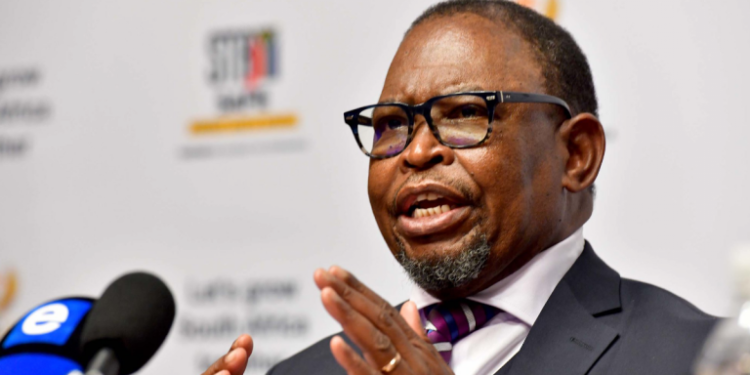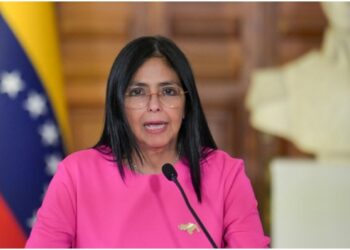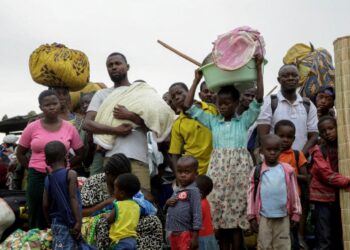By Enyichukwu Enemanna
South Africa says it is considering slashing spending if its tax agency fails to meet its revenue generation target this year, after an earlier attempt to raise value added tax (VAT) failed in Parliament.
This announcement on Thursday by the Finance Minister, Enoch Godongwana, comes at a time when the government is focusing on keeping rising debt under control.
The Minister had on Wednesday spoken after making only minor adjustments to the government’s spending plans and deficit projections in a third budget presentation before Parliament.
His two previous attempts to present the budget were largely hampered by disagreements within the coalition government, arising from the suspended plan to raise VAT.
Godongwana told Reuters news agency that the government did not expect to overshoot on spending.
He said if the South African Revenue Service raises more than its target of over 1.9 trillion rand ($105 billion) in the fiscal year that ends in March 2026, there will be no need for 20 billion rand in additional taxes pencilled in for the 2026/27 fiscal year.
“But if that target is not met, we will have to cut expenditure substantially,” he said.
Godongwana said the higher debt peak of 77.4% of gross domestic product that featured in his new budget reflected weaker economic growth forecasts rather than extra borrowing.
According to the Minister, debt would peak this year, saying doubters predicting further slippage were wrong.
Financial officials will decide in July, after the South African Reserve Bank signs off its accounts, whether to draw on gains in its Gold and Foreign Exchange Contingency Reserve Account, which it started tapping last year to limit borrowing.
Godongwana said that the friction within the coalition government over the budget had eased.
“That noise has been exhausted. Everyone now understands we have to get on with the work,” he said.
The African National Congress (ANC) had last month made a U-turn on a proposed value added tax (VAT) increase that had pitted the party against its coalition partners.
The Democratic Alliance (DA), the second-largest contributor in the Government of National Unity (GNU), had strongly opposed the proposed VAT rise, challenging it in court and urging a judge to block it.
The DA argued that the move would worsen the cost-of-living crisis and increase economic inequality.



































